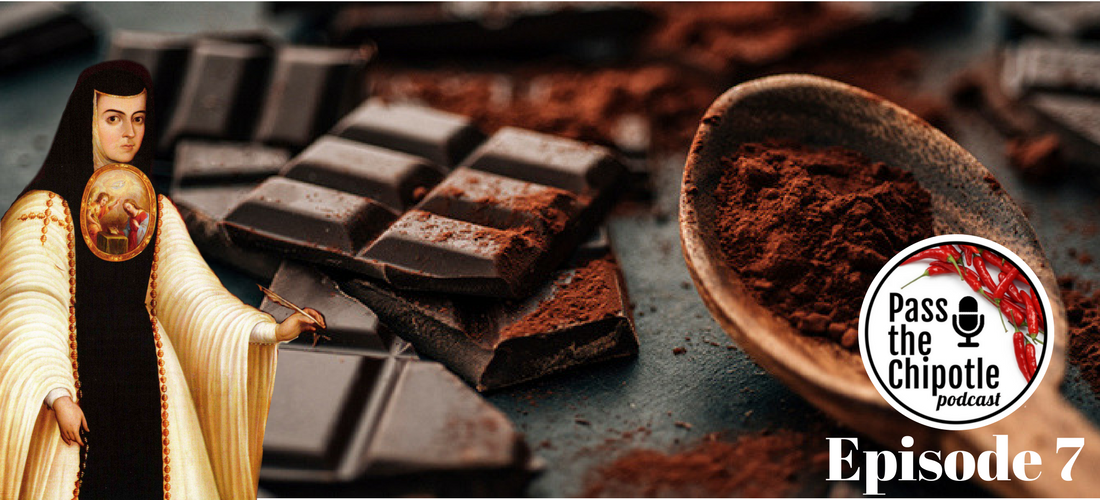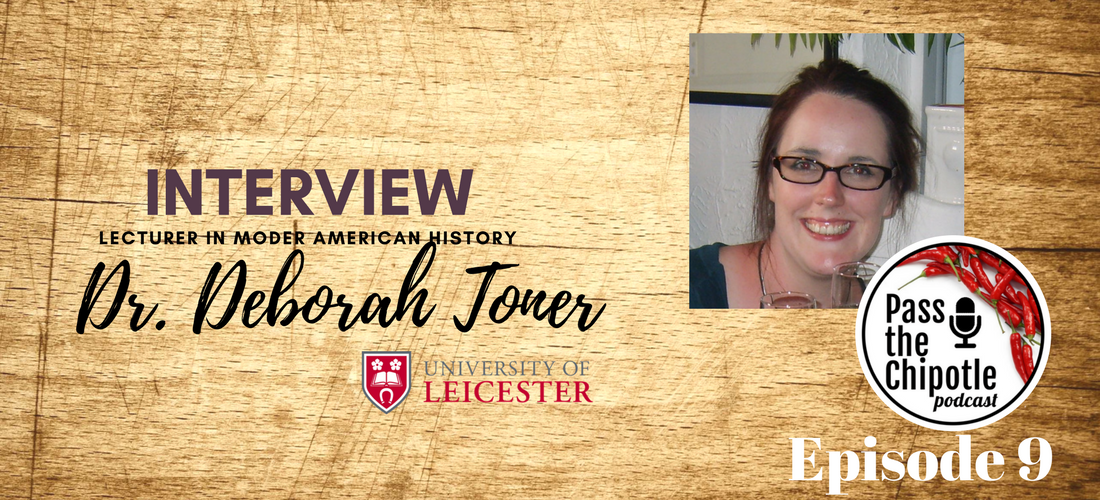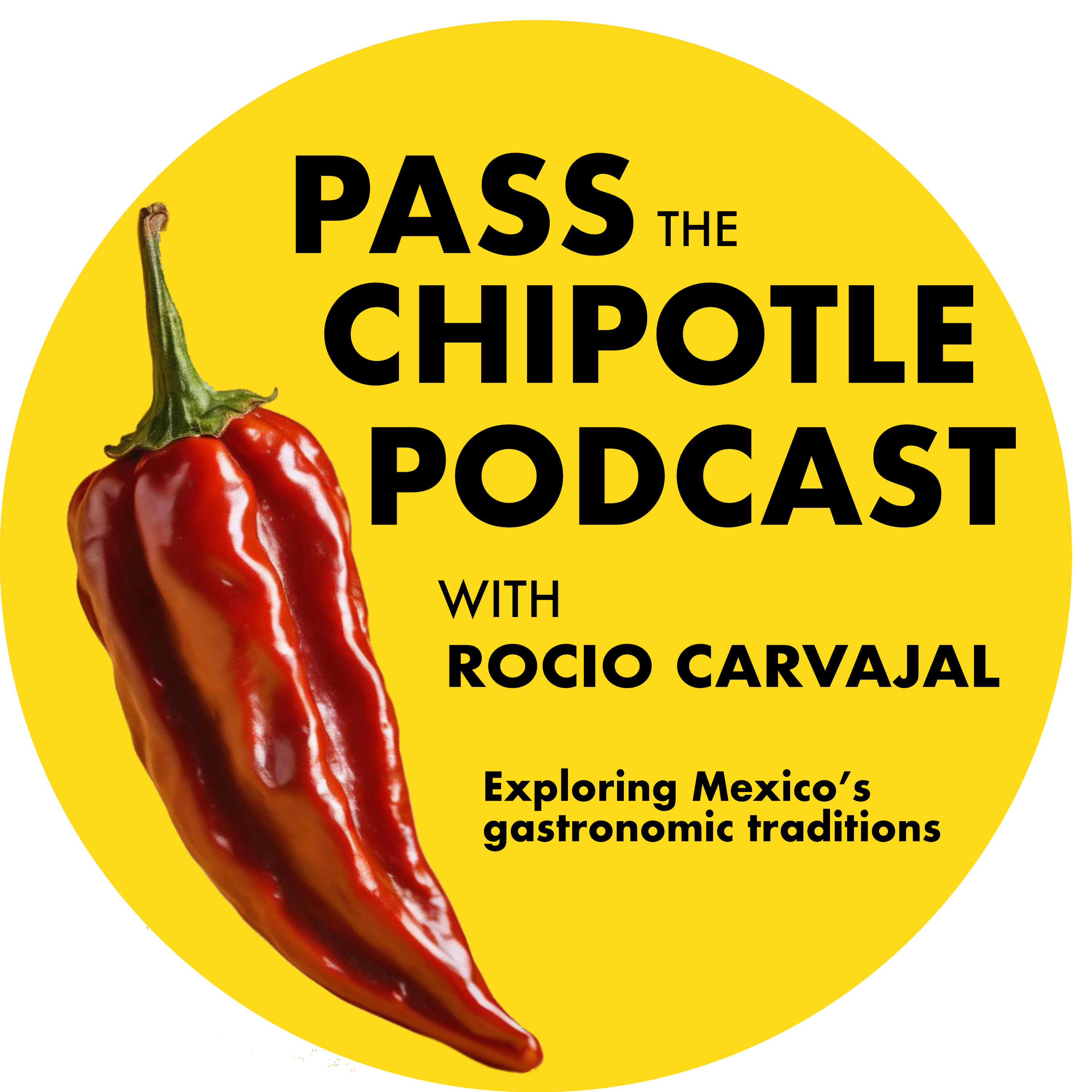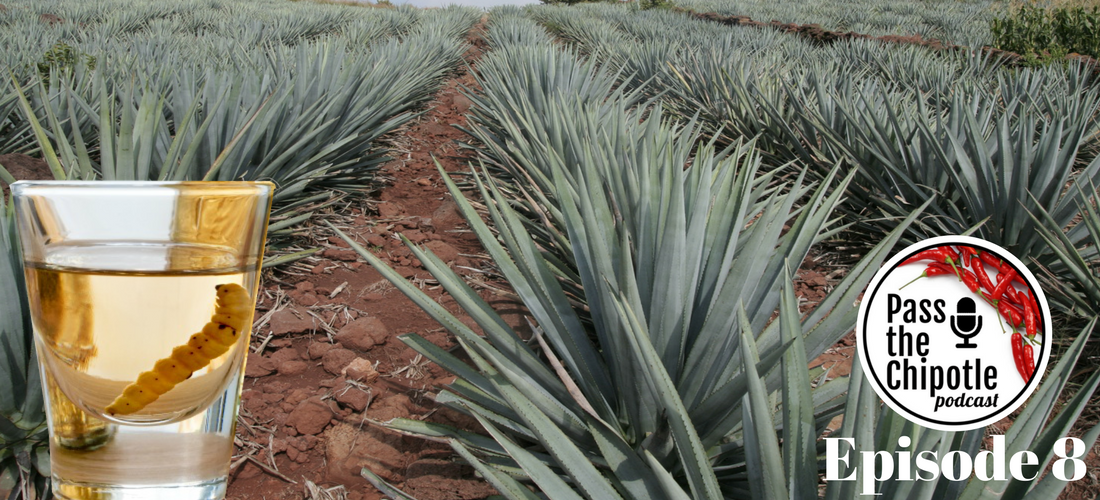
Your guide to Mezcal and tequila, the British side of Mexican food, Aztec sorbets. Ep.08
Presented by: Rocio Carvajal Food history writer, cook and author.
EPISODE 8:
Your guide to Mezcal and tequila, the British side of Mexican food, Aztec sorbets.
- I’m sure many of you have heard, seen and even enjoyed tequila and mezcal on many occasions but do you know what’s difference between them? Is it the taste? the colour? The flavour? If you are wondering how to know which type of tequila or mezcal is the right one for you, don’t worry, I give you a survival guide to know your Mexican drinks!
- A little known story about the British diaspora is that of the Cornish miners that settled in the industrial town of Real del Monte in the state of Hidalgo, Mexico, in the 1800s. They not only brought their skills and technology but their delicious food and their favourite sport too! -scroll down to get the recipe to make your own Mexican-Cornish pastes!
- Aztec emperors had a very good life, they indulged on anything that would take their fancy, even if that meant a big operation to have dozens of men running to harvest fresh snow from the volcanoes to prepare sorbets! listen to this amazing story and get inspired to make your own Aztec-style treats.
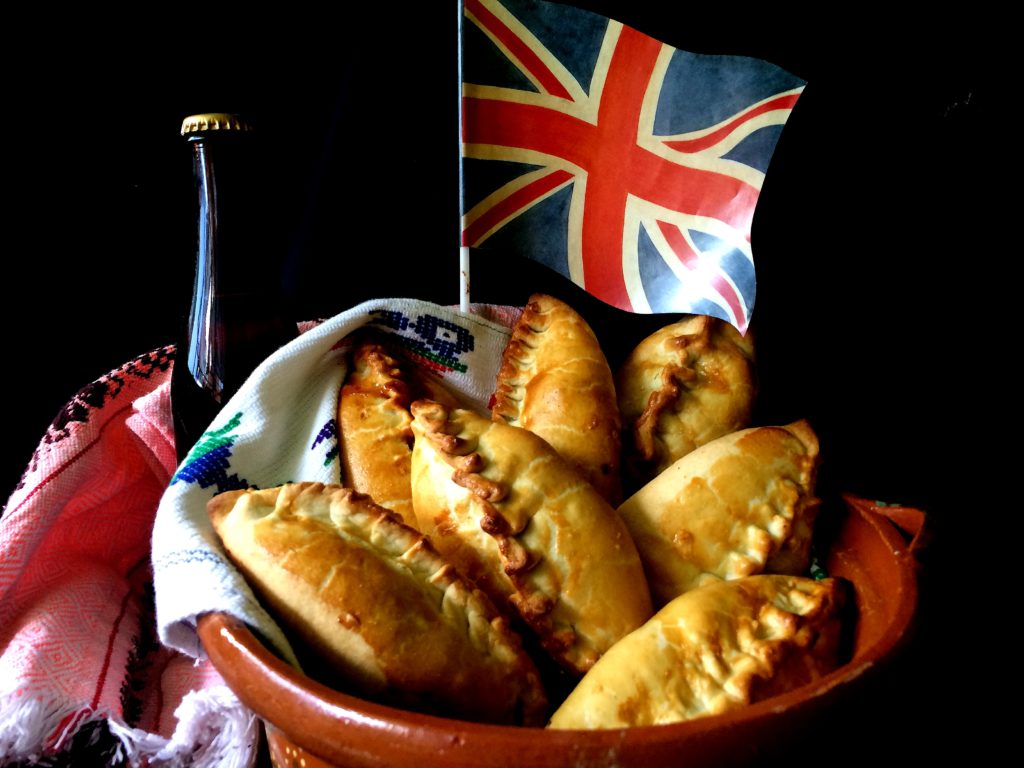
The 19th century was a complex bur exciting time in Mexico, the steep road to build a nation after just claiming its independence from Spain in 1810, was paved with hard work to modernise the country and it didn’t take long for Britain, the indisputable technological leader of the time to join forces to exploit the abandoned silver mines in the state of Hidalgo near central Mexico.
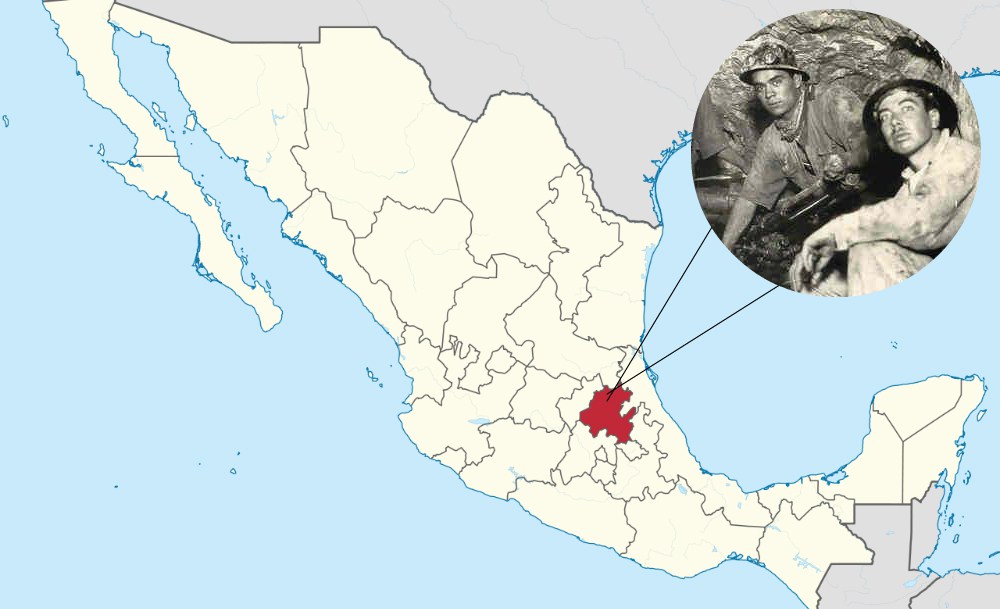
Wherever we are in the world, no matter how far, no matter how lonely and homesick we might feel, the food from our homeland will always bring a glowing smile to our faces.
Like thousands of migrants before, a handful of Englishmen crossed the Atlantic with their little suitcases full of hopes and dreams, a few belongings and their entire cultural heritage to keep them company into the unknown.
On a particularly hot day of may in 1825, the tropical shores of Veracruz in the gulf of Mexico, saw the arrival of the fist 60 Cornish miners and their 1,500 tons of equipment ready to step into the biggest adventure of their lives.
A large a convoy of 53 wagons, around 550 mules and 120 men were required to move tons of machinery and started the great trek to Real del Monte, the slow and difficult quest quest claimed the life of thirty Cornish and 100 Mexicans.
A Miner’s diet
There is no romanticism when it comes to mining, endless working hours in a gloomy humid darkness, with dangerous conditions, mines are no place for biscuits, open sandwiches and cordials.
Hundreds of years ago Cornish women had solved that problem by creating the perfect lunch: a hearty combination of beef, parsnips, potatoes and other vegetables encased in a tough dough crust. This rough baked empanada of sorts required no cutlery, reheating or even clean hands as the tough crust was inedible, a mere carrying vessel that preserved intact its rewarding contents.
Although there are recordings of pasties in England dating back to the 1300s, according to the Cornish tradition the true Cornish way to make a pasty required wives to bake their husband’s initials on the crust so the men could then recognise it in the poor lighting of the mines. According to a Cornish superstition the crust should not be eaten, but instead dropped on the ground to appease and feed the mining gremlins.
The truth is that Cornish tin mines are rich in arsenic, and the miners’ hands were covered with this poisonous substance, so this was yet another reason for not eating the crust but only the filling.
The Cornish diaspora in Real del Monte was warmly welcomed in Mexico, and even a Methodist church and permission to build their own graveyard was granted, as the time to use it came, one by one all the tombstones were laid in one same direction, because the future dwellers asked to be buried pointing back to Cornwall.
As the Cornish immigrants settled, many married locally and of course the cultural bridges like those that only food can build were provided by the pasty.
Food is a fundamental aspect of a community’s life, is deeply embedded with symbolisms, meanings, and elements that connect us with the essence of our cultural identity, wherever we are in the world. And the Cornish pasties are yet another example of this.
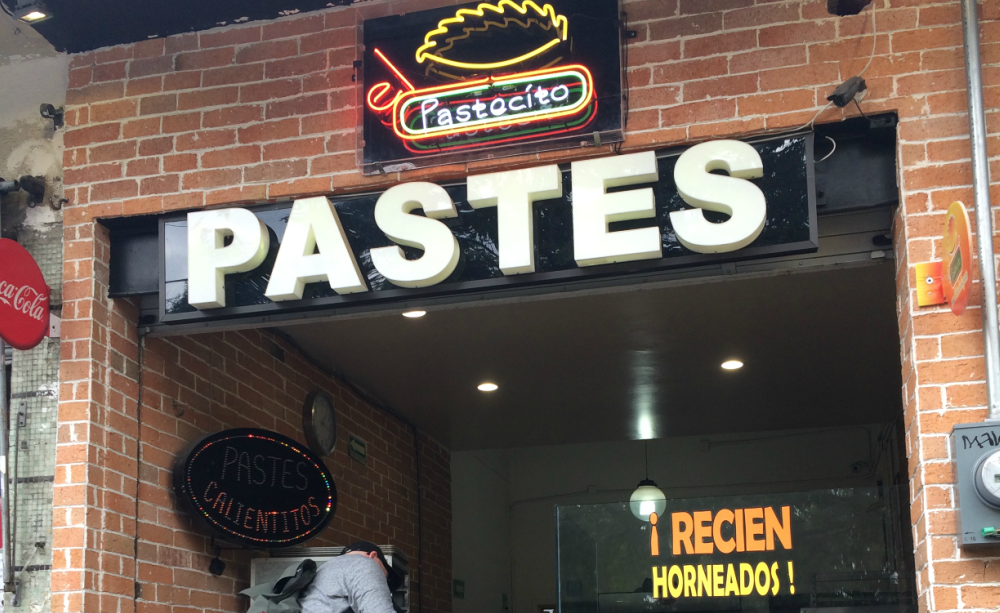
Mexicans renamed pasties as as pastes [pahstehs] and soon embraced them and made them their own by having very Mexican fillings such as: creamy poblano pepper and corn; mole; tinga (tomato-chipotle stew) and even rice pudding.
Not only of food, work and man lives alone, football if anything -comes first and last for Mexicans and Britons alike.
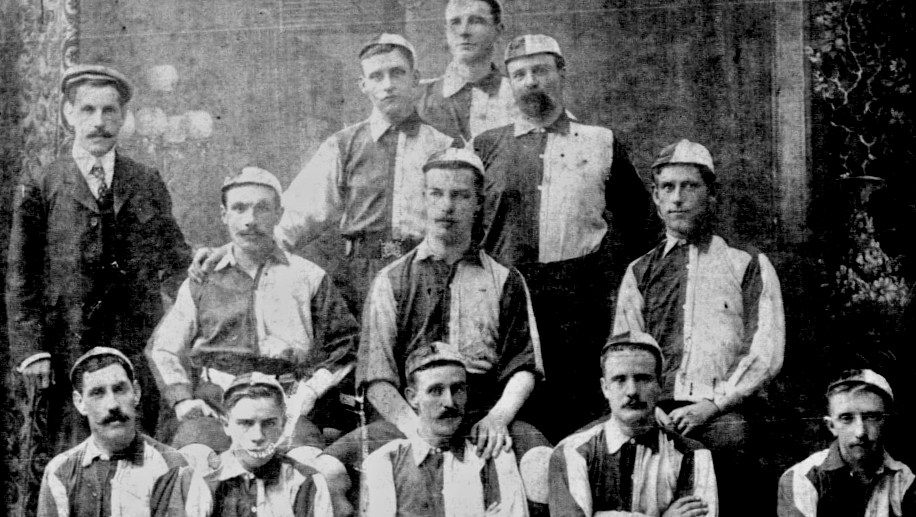
In 1900 the first football match ever played in Mexico took place in hidalgo and two years later the Pachuca Athletic club -exclusively formed by Englishmen was formed. The city of Pachuca (Hidalgo’s capital) prides itself for being the home of Mexican football.
The Cornish-Mexican mining community features in FIFA’s hall of fame for introducing their national sport to the country.
Although tennis and cricket were also introduced they really didn’t have a chance against football.
n 2008 a revival of the Cornish heritage in Hidalgo inspired the first International Paste Festival in Real del Monte and to celebrate their shared heritage, a twin cities agreement between Camborne, Cornwall and Pachuca was signed.
With help of the Cornish-Mexican Cultural Society in 2014 the the world’s only Pasty museum opened its doors, the Prince of Wales and the Duchess of Cornwall were guests of honour at both the festival and the museum where they baked pasties as part of the celebrations.
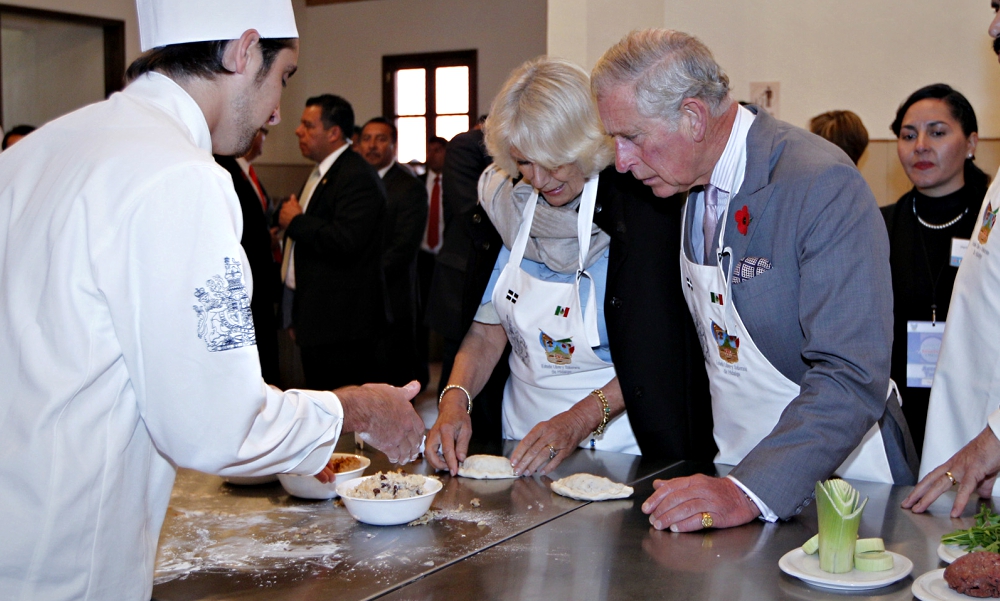
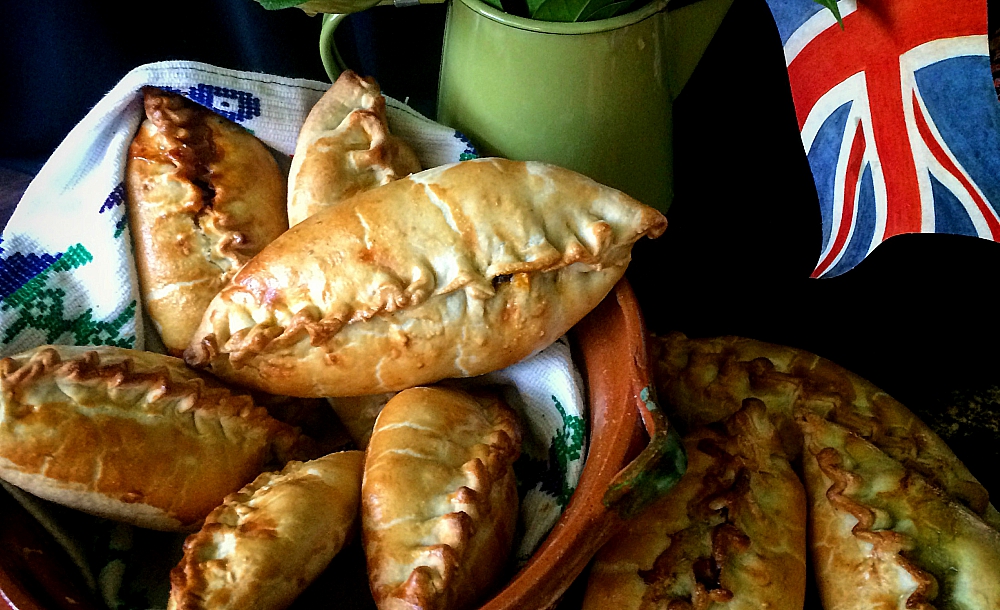

- To make the paste crust
- 540g plain flour
- 150g shortening (or use 75g butter and 75g shortening)
- 4-6 tbsp cold water
- Pinch of salt
- For the Tinga
- 10 very ripe tomatoes
- 1 big french onion
- 1 clove of garlic
- 2 tbsp chipotle adobo or salsa if you have it to hand
- 4 twigs of fresh thyme
- 1 tsp of fresh oregano
- 2 bay leaves
- 1/2 tbsp hard packed brown sugar
- 5 tbsp olive oil
- salt
- Dice the tomatoes, reserve in a bowl.
- Slice the whole onion as thinly as possible in rings like you would for an onion soup.
- Crush the clove of garlic.
- In a deep pan heat the olive oil, add the tomatoes, onion and garlic. You will cook them on a high heat stirring constantly for about 5 minutes.
- Eventually add the herbs, chipotle, sugar and salt. Lower the heat and let it simmer on a medium heat for about 20 minutes.
- The aim is to reduce the tomato juice and cook the dish slow and long until the tomatoes look deep crimson and the onions are absolutely soft, it should almost resemble a paste.
- When it's done, turn off and keep covered.
- To make the crust
- RUb the shortening, salt and butter with the dough until it resembles breadcrumbs, add the water to form a dough and work until it’s smooth, left to rest, and then roll out until it’s about 3-4mm thick.
- Using a dish or plate of about 15cm in diameter, cut out perfect circles, before placing a generous portion - of about 4 tablespoons of tinga- in the middle of each paste.
- Now on to the closing of the paste: using a traditional crimping method - the twisted crimp - which aims to create twists along the edge to seal the dough. It is said that Cornish pasties have around 20 crimps.
- There’s a debate around the position of the crimp, while some say it should be on top, many argue it must go along the side. None of these really affect the delicious flavour of course, so you can do whatever works best for you, but the instructions which follow put the crimp at the top of the paste.
- To seal the dough fold both sides of the disk toward the middle, keeping the filling in the centre, and pressing both sides of the dough together firmly to form a sort crest on top which encloses the filling.
- To crimp: push down on the edge of the paste and twist the edges of the pastry over to seal the filling inside. When you’ve crimped along the edge leave it to rest for a few minutes before placing your pastes on a baking sheet. Given them a generous egg wash before baking at 180 degree Celsius in a preheated oven for 25-30 minutes.
- Remove from the oven when the crust is golden brown and allow them to cool before serving.
- Remember, Unlike Cornish pasties, Mexican pastes will require less baking time as the filling is already cooked.




